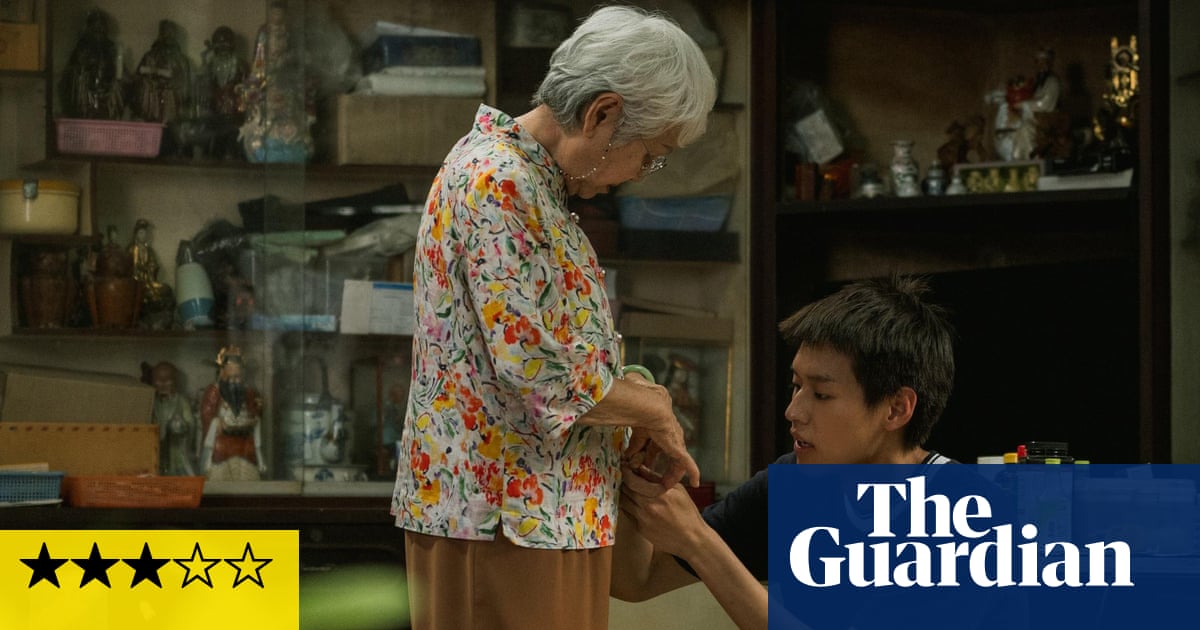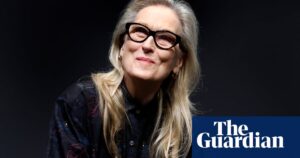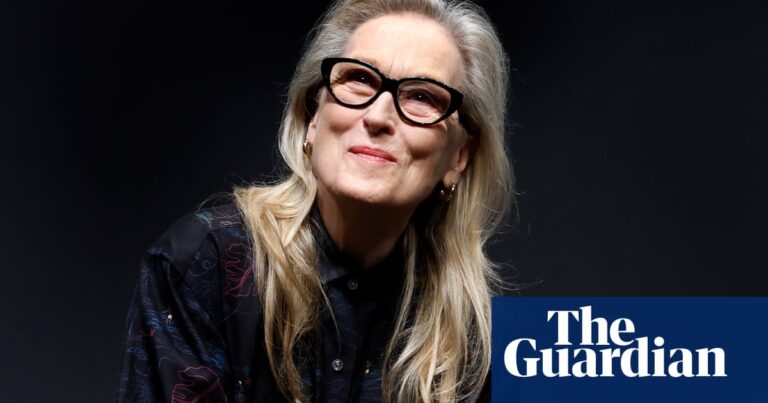
The title makes it sound like some goofy Brit crime comedy; in fact it’s a sweet, sad heart-warmer from Thailand, whose original title Lahn Mah, or Grandma’s Grandchild, is closer to the mark. (And anyway, given that we’re talking about inheritance, shouldn’t it be “after grandma dies” not “before”?)
Television director Pat Boonnitipat makes his feature film debut and 78-year-old Usha Seamkhum, a former TV commercials model making her film acting debut, gives a lovely performance as Menju, a widow who has accepted her terminal cancer with unsentimental calm. But she is well aware her will could cause problems with her grownup children; these are uptight stockbroker Kiang, boozy gambling addict Soei and hard-working Sew, whose son M (Putthipong Assaratanakul) is the centre of the story.
M is a laid-back twentysomething guy living at home, who thought that livestreaming his game-play action could be monetised for online subscriber fans and bring in loads of cash – a plan that has turned to ashes. But he is fascinated by his beautiful cousin Mui (Tontawan Tantivejakul), who has just been left a fortune by her grandfather whom she expertly nursed throughout his final illness. (Dressing as a sexy nurse, Mui also makes big money through her OnlyFans account.) She advises M to spend so much time with his grandma that he no longer notices the “old person smell”.
So M outrageously shows up at his grandma’s house every day, earnestly asking if there’s anything he can do for her; the old lady is quite well aware of what he’s up to, but he is no more grasping than her sons and a lot more charming. She also broods on how she never got anything from being the caregiver to her own ailing parents, all of whose cash went to her undeserving brother.
This is a tear-jerker that does not shrink from using plangent piano chords on the soundtrack to tell you when to feel sad, but it also has something interesting to say about intergenerational wealth. Twentysomethings deprived of the career paths that their parents took for granted, and with more time on their hands than boomers, might well cultivate the art of getting close to wealthy grandparents to get a share of the capital. It’s not necessarily cynical.
Source: theguardian.com



















